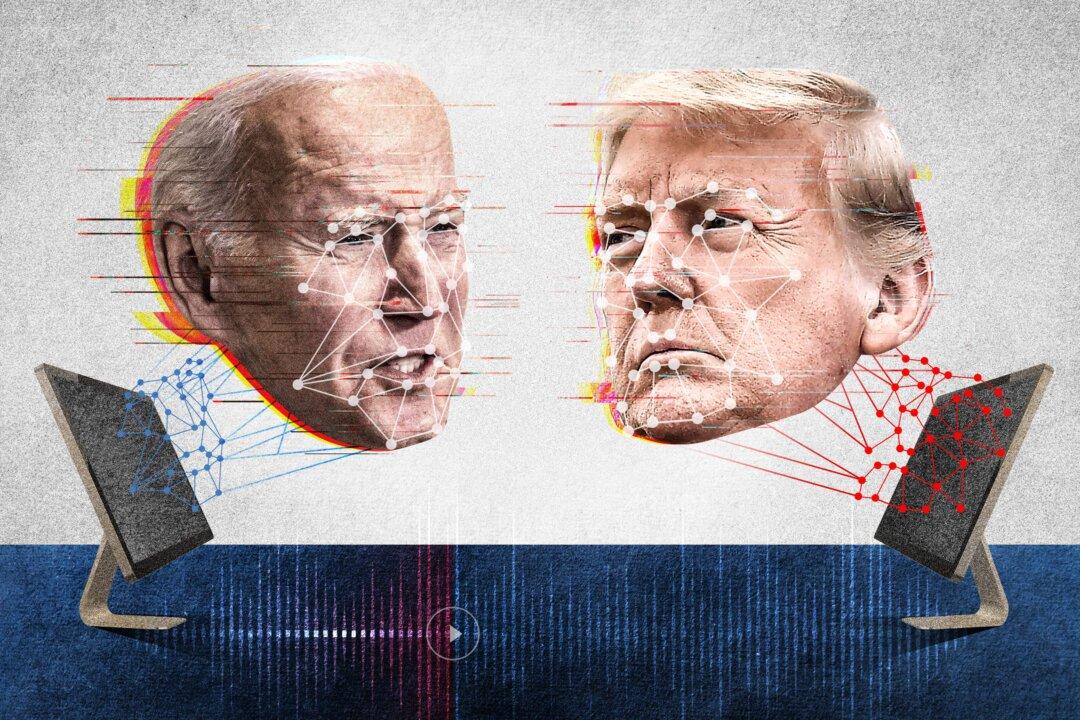Commentary
Terror extortion, powered by artificial intelligence (AI) “deepfake” technology, can target millions of individuals worldwide simultaneously every day. My previous article, “Human Impersonation AI Must Be Outlawed,” explains why such crimes of fraud and aggression at the “micro” level warrant outlawing human impersonation AI systems.


